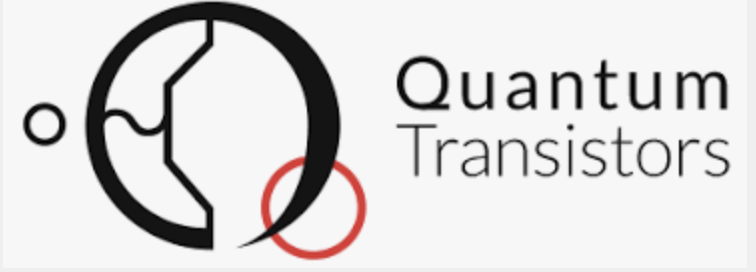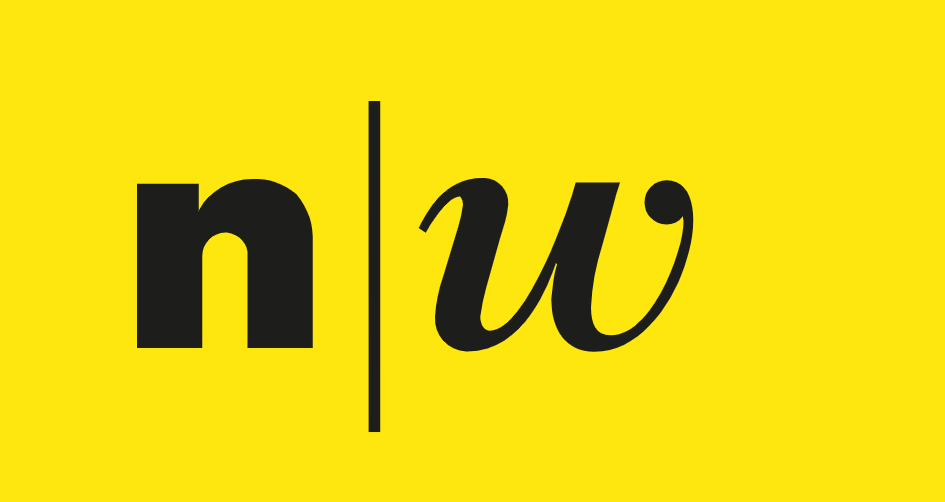Insider Brief
- Deloitte’s Quantum Climate Challenge’s dual role helps tackle climate-related challenges while developing quantum ecosystems.
- This year, the challenge winner EcoQult used quantum computing to explore new approaches to carbon dioxide capture.
- In addition to a 5000€ prize, EcoQult gained access to technology from IBM, Quantistry and AWS.
- Image: Winning EcoQult team: chemical engineer Kourosh Sayar Dogahe, Tamara Sarac and data scientist Delphine De Smedt (provided)
In the ever-advancing realm of quantum computing, innovation knows no bounds. Deloitte’s Quantum Climate Challenge, an annual event, not only bridges the quantum computing community with those dedicated to tackling climate-related challenges but also acts as a catalyst for the development of the quantum ecosystem. This year, the challenge yielded a remarkable winner, EcoQult, a team comprising three researchers based in Belgium. Quantum chemist Tamara Sarac, data scientist Delphine De Smedt and chemical engineer Kourosh Sayar Dogahe emerged victorious in the two-month-long hackathon. Their approach, combining quantum computing with deep chemical knowledge, aims to unlock the potential of metal-organic frameworks for carbon dioxide capture.
The Challenge Winner
Metal-organic frameworks are recognized by scientists as essential components in the quest for effective carbon capture solutions. However, the complexity of these compounds makes them exceedingly difficult to simulate using conventional algorithms. The EcoQult team approached the challenge with an application-focused mindset. Their unique solution, blending quantum computing and quantum knowledge, secured their victory.
In addition to a 5000€ prize, EcoQult gained exclusive access to an IBM Quantum Computer, a classical quantum chemistry cloud platform from Quantistry, and AWS credits for Amazon Braket.
Connecting Sustainability and Quantum Computing

Deloitte’s Quantum Climate Challenge serves as a critical bridge between climate professionals and quantum computing experts. Dr. Julian Dlugosch, who manages the challenge at Deloitte, emphasizes its importance in raising awareness about climate-related use cases where quantum computing can overcome current computational limitations: “With this challenge we want to raise awareness of high-impact use cases of climate change-related problems, where quantum computing holds great promise in surpassing current computational limitations. We want the challenge to serve as a valuable source of inspiration, providing meaningful starting points for deeper investigations into the potential of quantum computing for climate action.”
Joining the Quantum Ecosystem
The EcoQult team’s participation in the Quantum Climate Challenge not only granted them a victory but also integrated them into a global, interdisciplinary community of scientists exploring quantum solutions. This collaboration extended beyond the competition, evolving into an ongoing partnership. Together with Deloitte, IBM, and Quantistry, they focused on refining computational models and exploring more efficient algorithms.
The Importance of Benchmarking
Their research post-challenge underscores the significance of choosing the right model for benchmarking quantum solutions. Defining relevant classical computing model references is crucial for fair benchmarking of quantum computing algorithms. The team’s findings revealed the potential of quantum systems for simulating metal-organic frameworks as carbon capture materials.
Domain Experts Need Ecosystems
Not too long ago, quantum computers were largely walled off from chemists, material scientists, and other domain experts. Access to quantum computers — and the expertise to run them — meant that if teams did not have an on-premises quantum device and the staff to operate them, their ability to explore the power of quantum computers to solve problems was severely limited. Now, companies like IBM and AWS offer global access to quantum computing.
“Deloitte’s Quantum Climate Challenge vividly illustrates the power of cultivating an ecosystem where quantum experts and domain professionals can engage in fruitful exchanges,” Sarac emphasized. “This challenge really meant a lot to us since we were just entering the market, and we didn’t have any chance yet to prove ourselves. The challenge also allowed us to enter an ecosystem that gave us an opportunity to get in touch with important stakeholders in quantum computing.”
After winning the challenge, they presented their result at a variety of quantum events and made valuable connections within the quantum community. Deloitte’s unwavering support and guidance in attaining a range of skills added further value to their journey.
“Deloitte really supported us,” said Sarac. “One of the unexpected outcomes of the challenge was a training in how to present our findings to a broader audience. We had great sessions with the Deloitte team where they gave us valuable feedback to improve our communication– And they’re a top consulting company – they know how to do this very well!”
Connections for Climate Continue
The collaboration with Deloitte, IBM, and Quantistry went beyond the competition. It evolved into an ongoing partnership, where both sides continued to invest in further development. The goals were clear: refining the computational model and exploring more efficient algorithms. The team successfully achieved these objectives, even publishing their findings in an article, now available on ArXiv [Link]. This work could help other teams considering the use of quantum computers to speed up research that could benefit the climate. The study emphasized the importance of choosing the right model to benchmark quantum solutions.
“We ended up with very nice outcomes, even publishing an article,” said Sarac. “And the main questions are really: how do you benchmark the model? How do you build the model? How do you judge if quantum will be useful or not for a certain use case? Becoming aware of the importance of these questions is an important takeaway.” In their research following the challenge, they uncovered that defining relevant classical computing model references is crucial for a fair benchmarking of quantum computing algorithms. They found that if the chemical model analyzed using classical methods is of similar complexity as the one analyzed using quantum algorithms, their quantum algorithm performed significantly better than the classical methods. This points towards the broader utility of quantum systems for the simulation of MOFs as carbon capture materials.
The Future
According to Sarac, the competition paved the way for the team’s growth. They gained experience, particularly in working with quantum hardware and established ties to industry leaders like Deloitte, IBM, Quantistry, and AWS. Now they are deeply embedded in the growing European quantum ecosystem. As part of the growing European quantum ecosystem, they remain committed to their growth and building further connections.
The plan is to keep growing and keep building those connections. Their team will also be on the lookout for future Deloitte quantum challenges, said Sarac.
Pivotal Role for a Sustainable Future
Deloitte’s Quantum Climate Challenge not only showcases the potential of quantum computing in addressing climate issues but also highlights the value of collaboration between experts in diverse fields. As the quantum ecosystem continues to evolve, challenges like these will play a pivotal role in driving innovation for a sustainable future.
For more information on Deloitte’s Quantum Climate Challenge, please visit here. You can also explore Deloitte’s perspective on Quantum Computing for Climate Action.
For more market insights, check out our latest quantum computing news here.




















